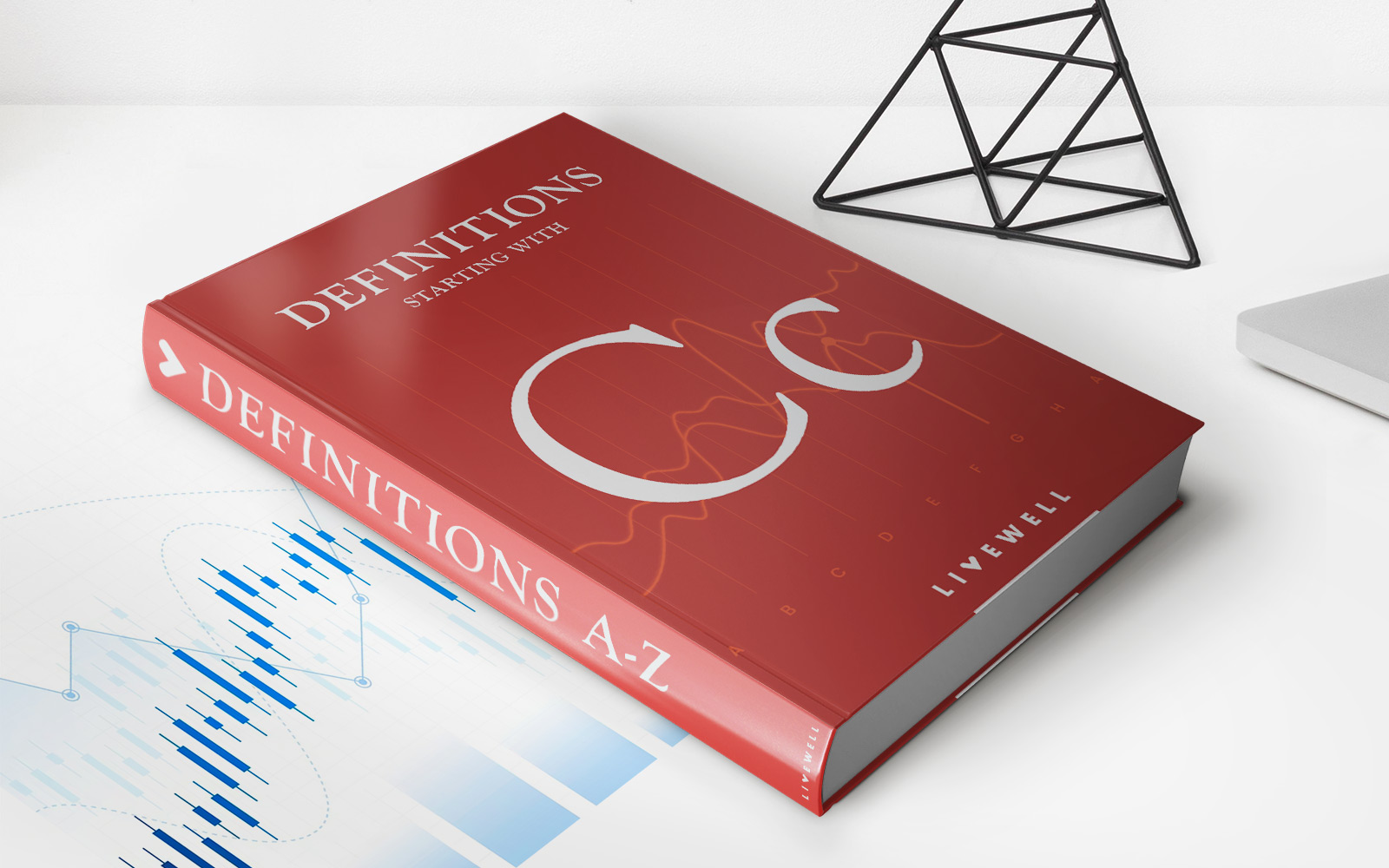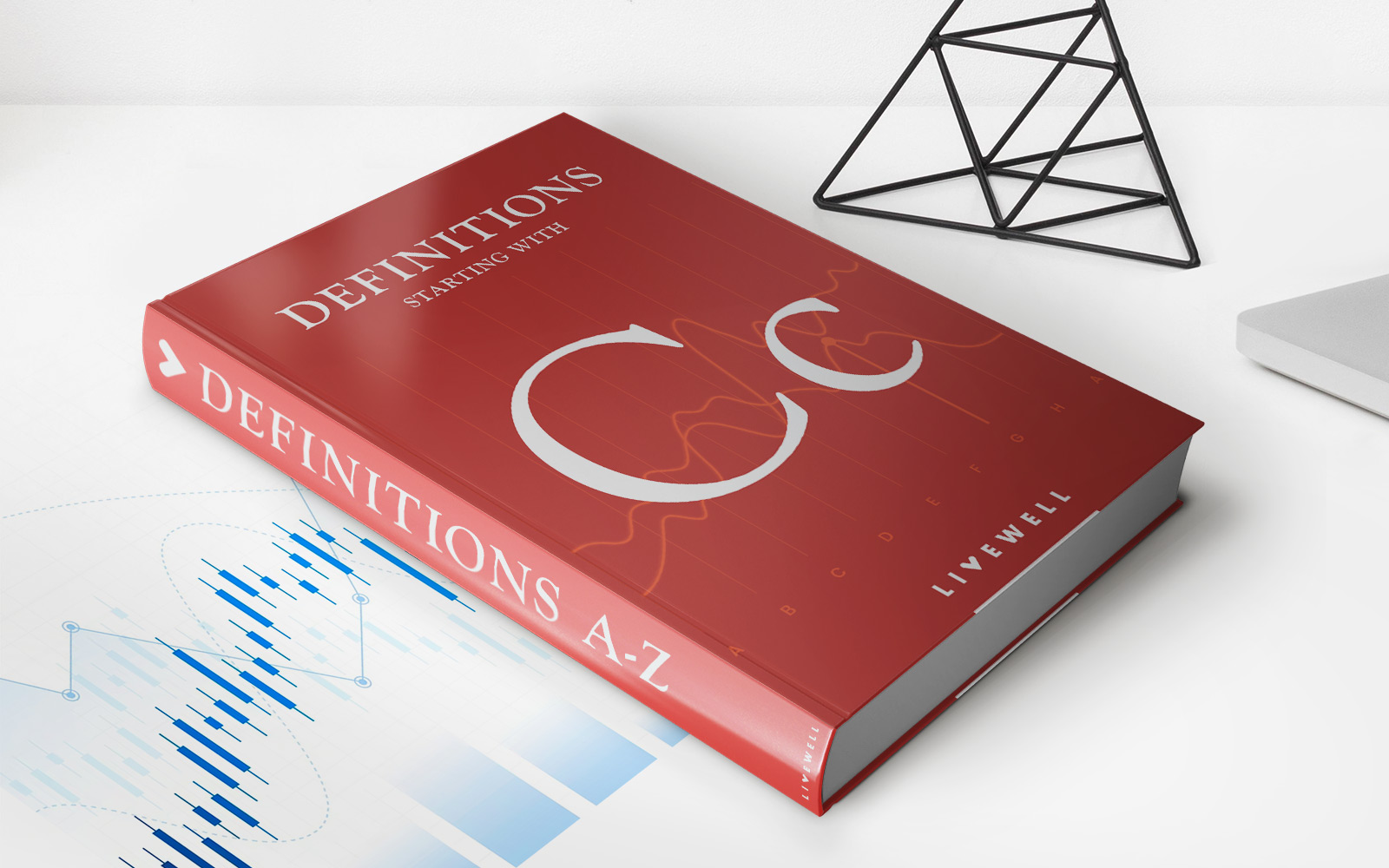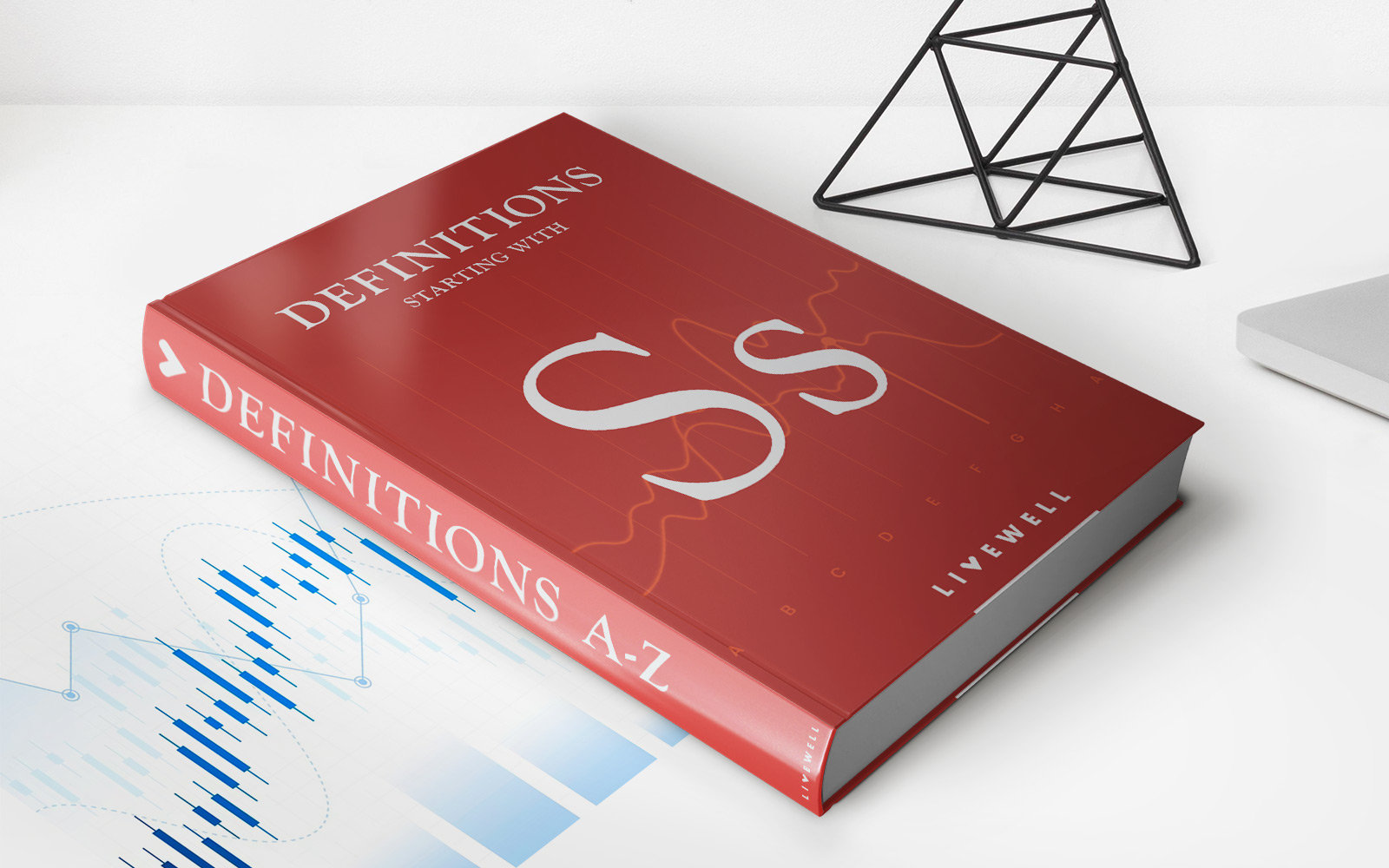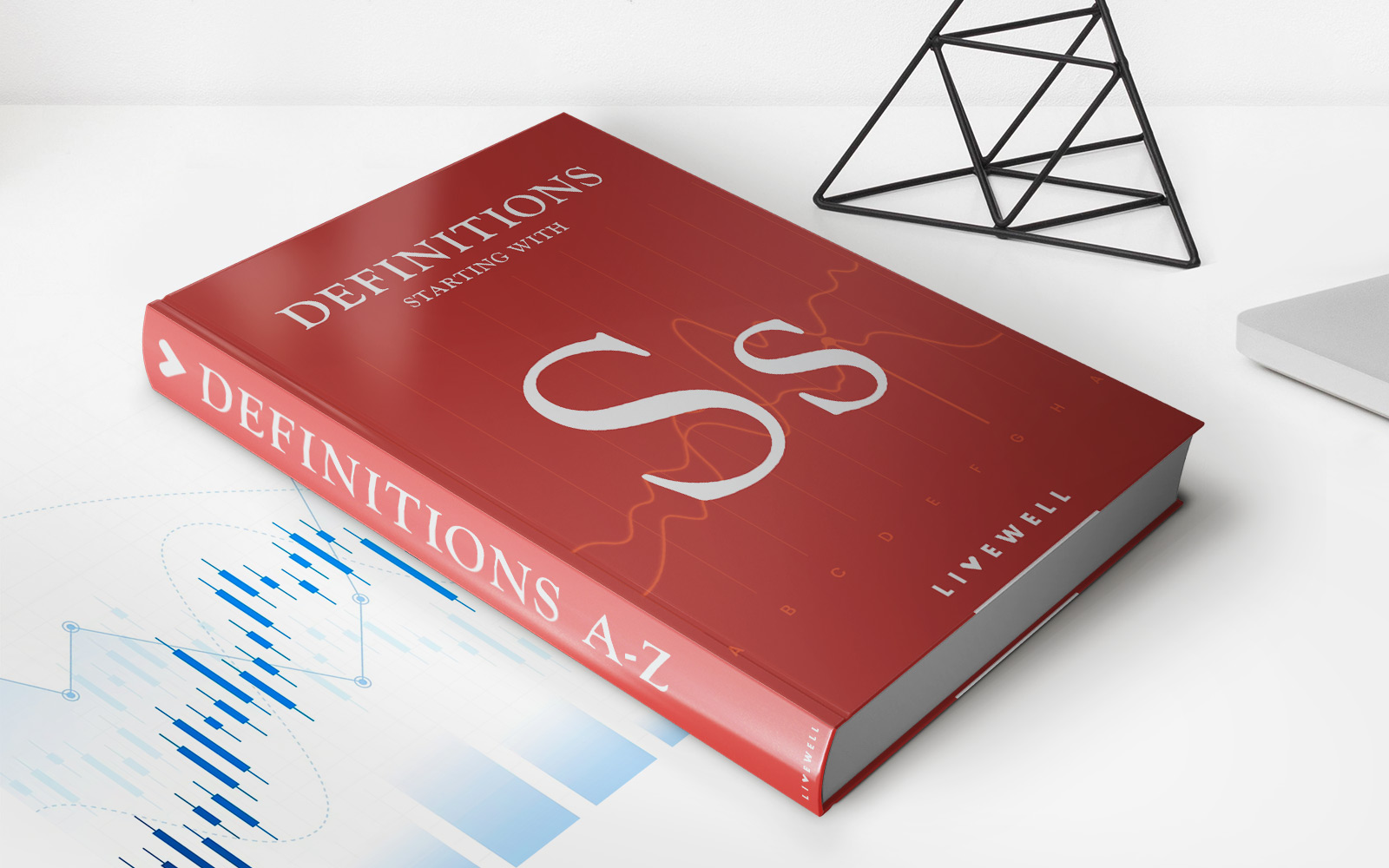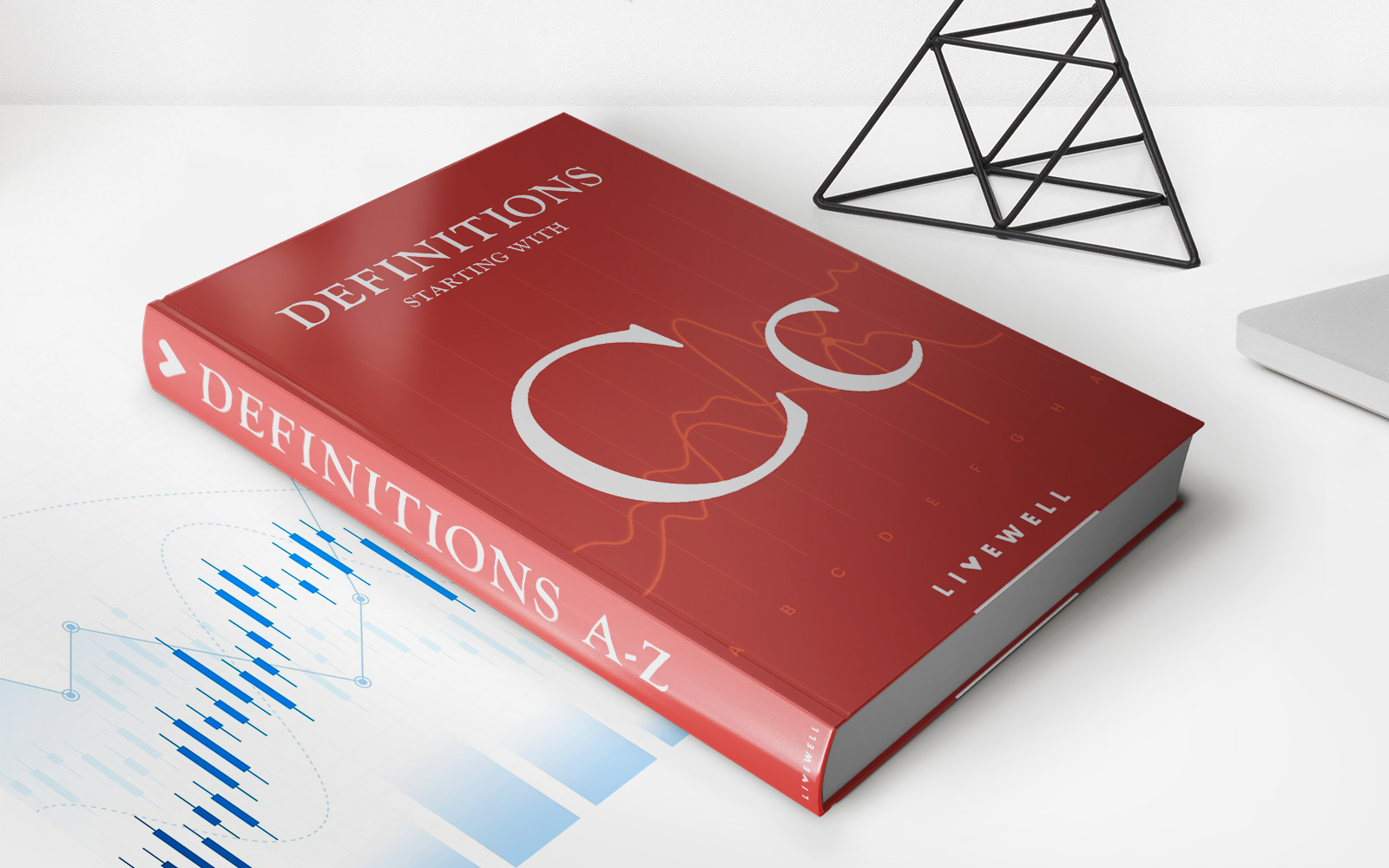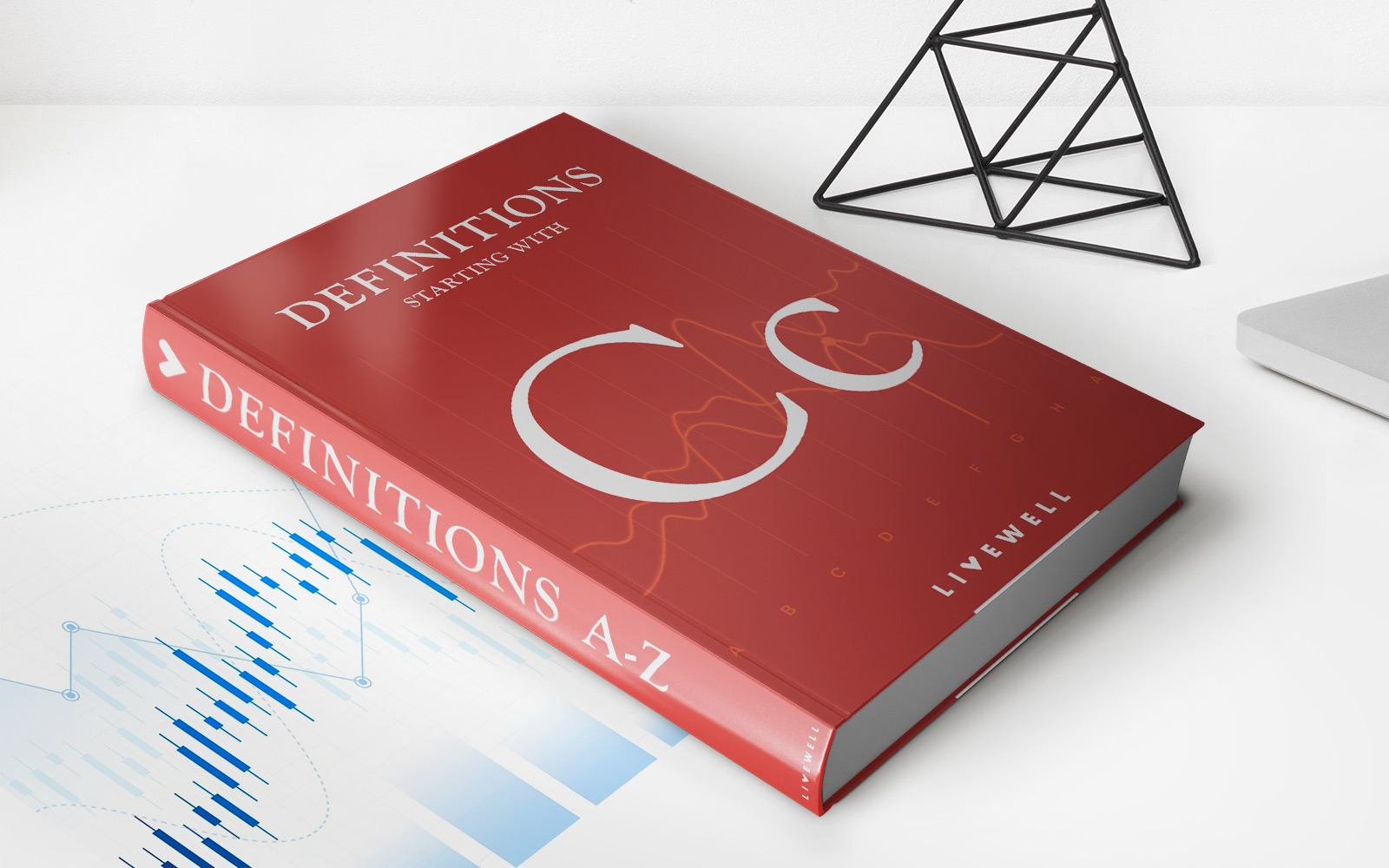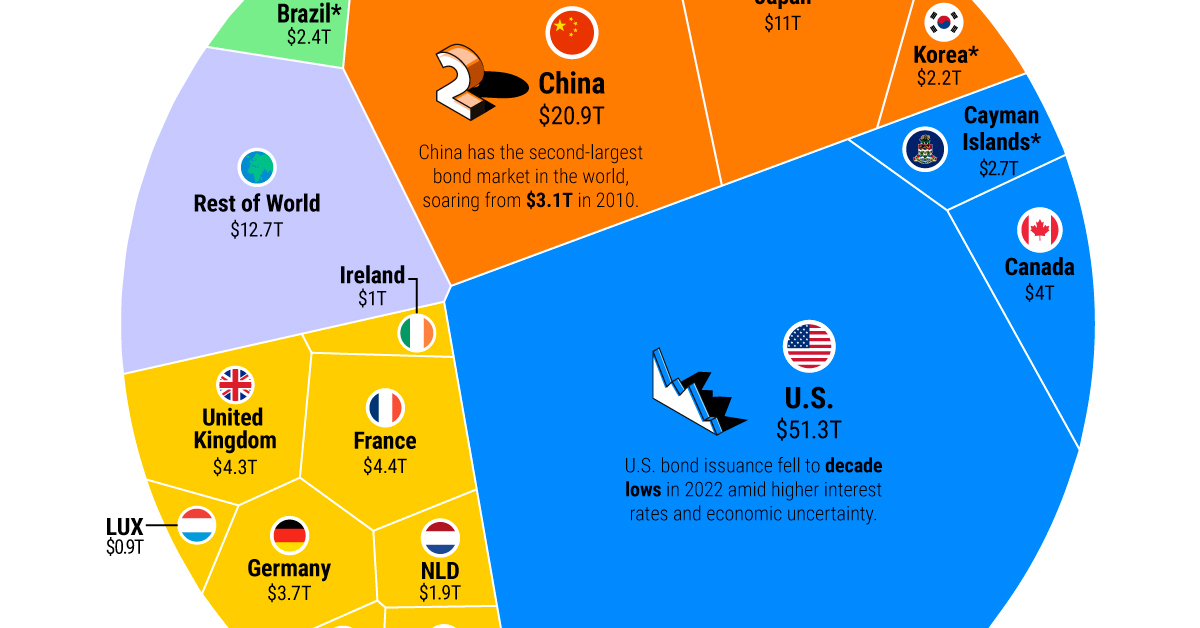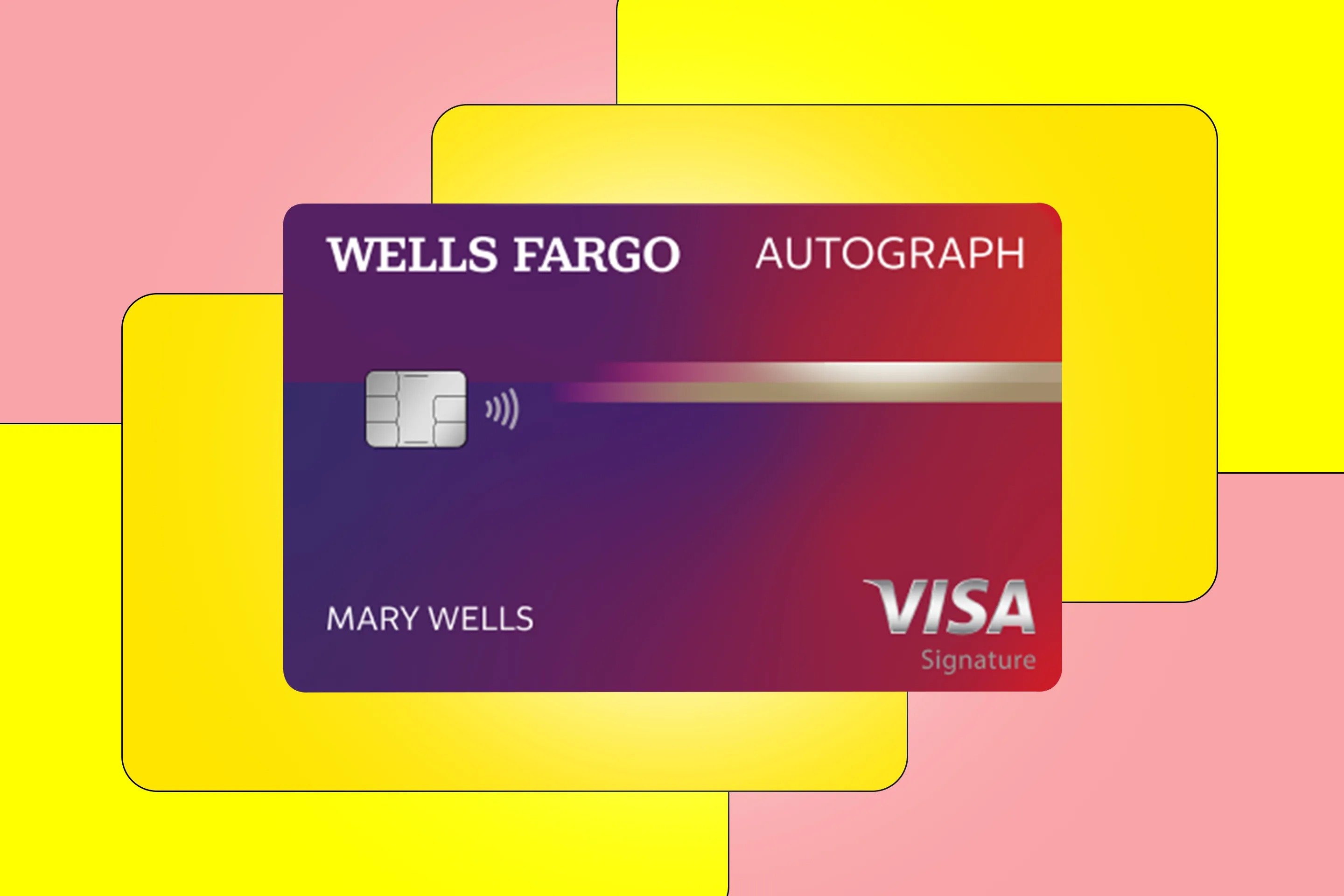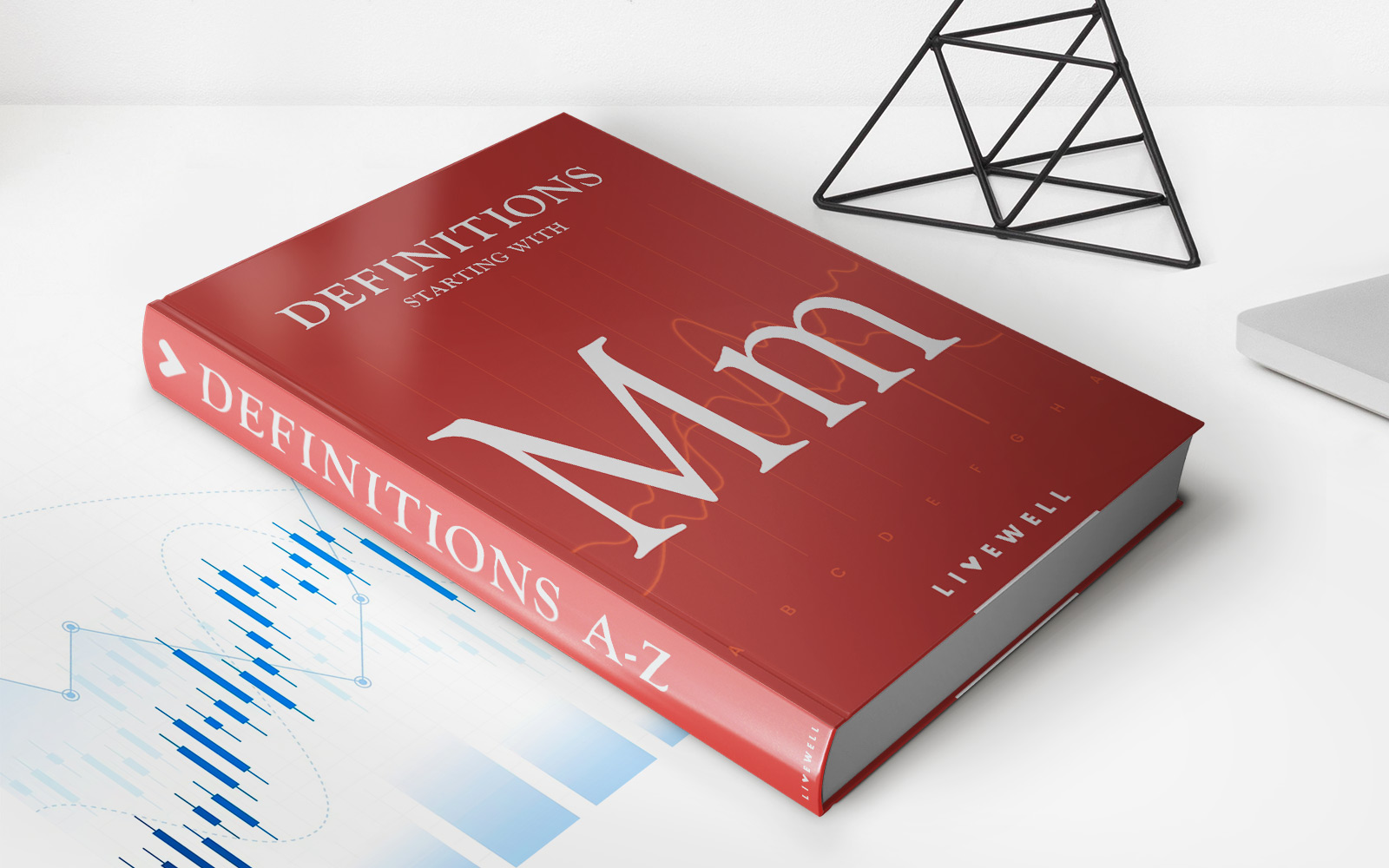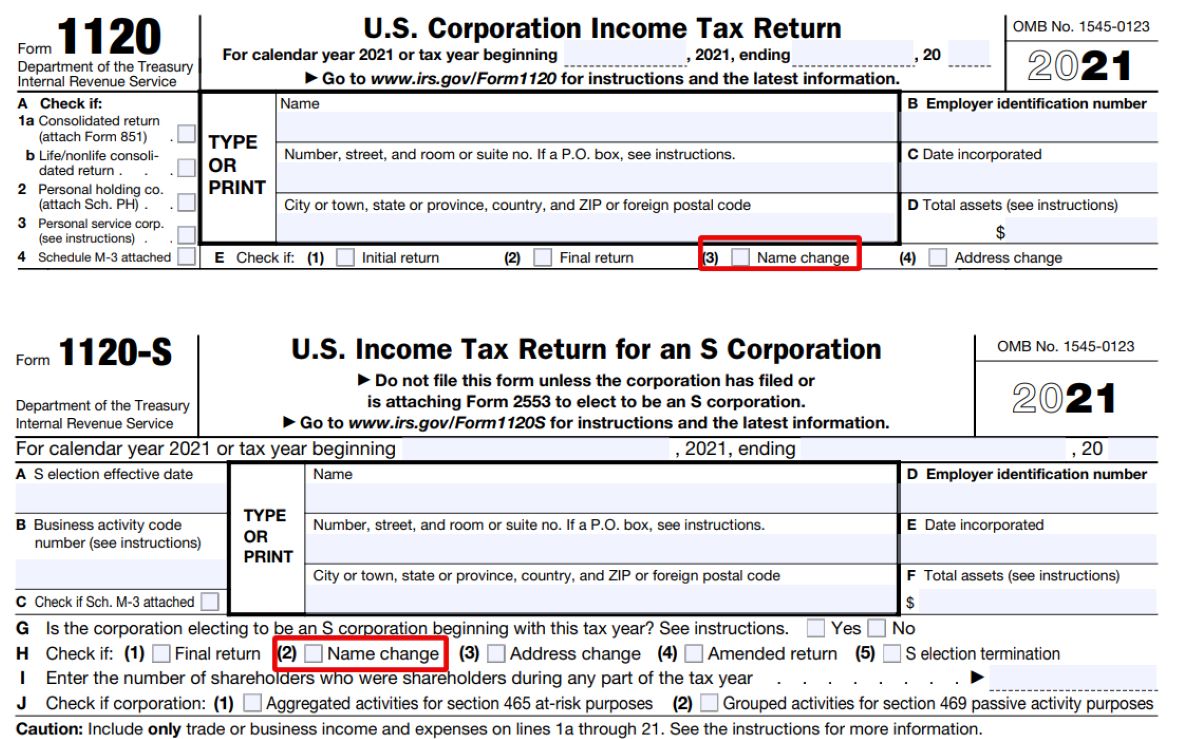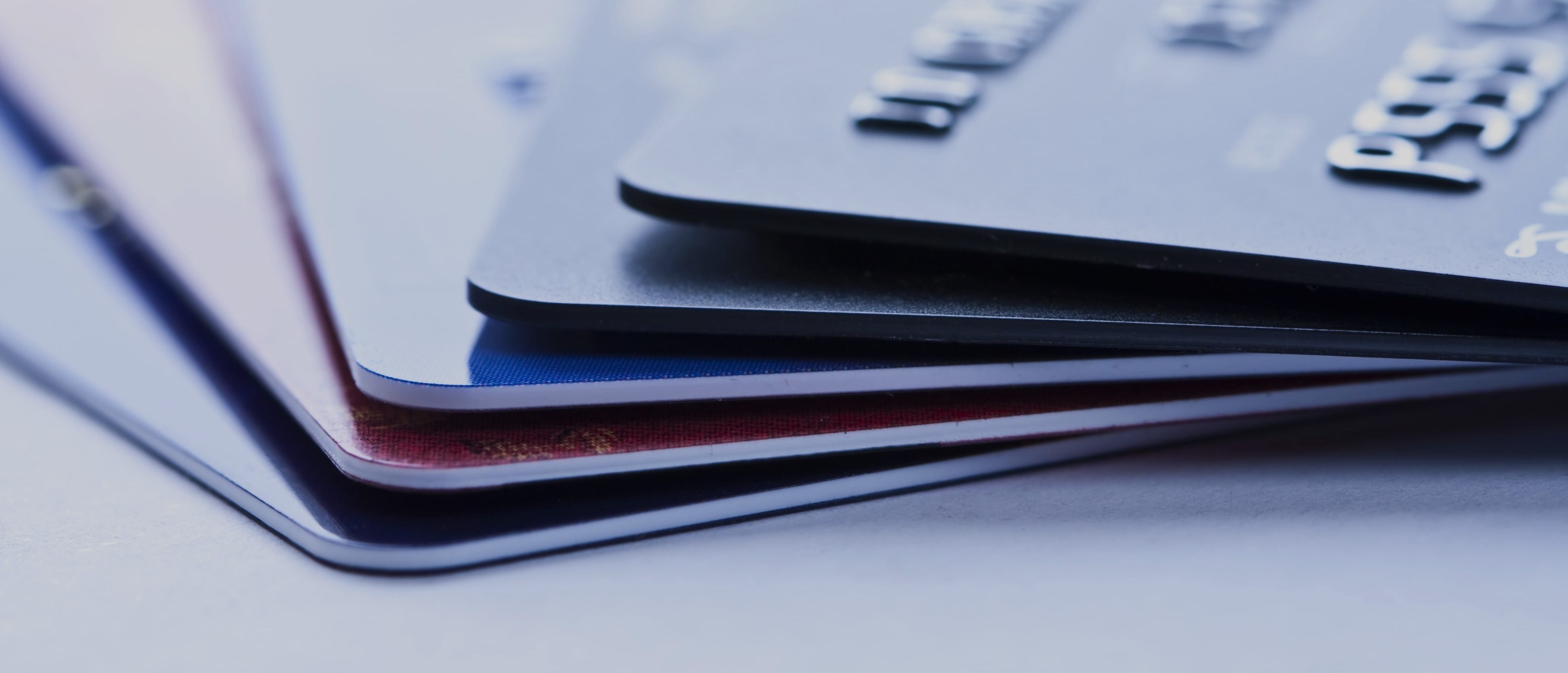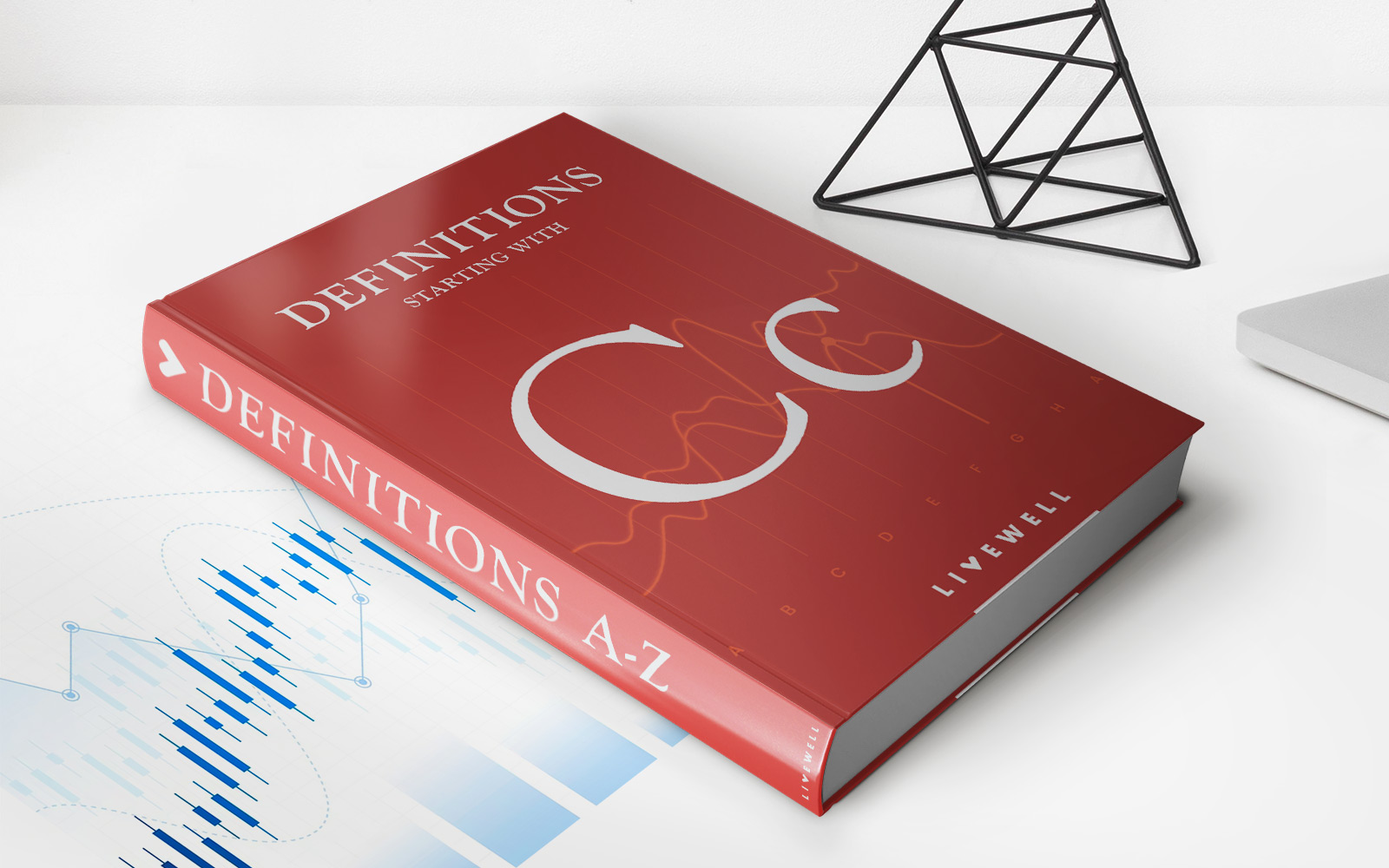

Finance
Currency Certificate Definition
Published: November 6, 2023
Looking for a clear explanation of currency certificates in the finance world? Discover the definition and significance of these financial instruments in our comprehensive guide.
(Many of the links in this article redirect to a specific reviewed product. Your purchase of these products through affiliate links helps to generate commission for LiveWell, at no extra cost. Learn more)
Unlocking the Power of Currency Certificates: A Guide
Welcome to another informative and insightful blog post from the “Finance” category on our website. Today, we will be delving into the world of currency certificates and exploring their significance in the world of finance. If you have ever wondered what currency certificates are and how they work, you are in the right place. So, let’s dive right in!
Key Takeaways:
- Currency certificates are documents issued by financial institutions that represent ownership of a specific amount of a certain currency.
- These certificates provide an alternative means of investing in foreign currencies and can be used as a hedging tool against fluctuations in exchange rates.
What are Currency Certificates?
Currency certificates, also known as currency deposit certificates or currency fixed deposits, are financial instruments issued by banks and other financial institutions. These certificates represent ownership of a specific amount of a certain currency, such as the US dollar, Euro, or Japanese yen.
Currency certificates differ from traditional currency exchange in that they do not involve physical currency. Instead, they are essentially electronic documents that can be bought or sold at a predetermined exchange rate. These certificates allow investors to hold a specific amount of a currency without actually physically possessing it.
Currency certificates provide individuals and businesses with an alternative means of investing in foreign currencies and diversifying their portfolios. By investing in currency certificates, investors can gain exposure to foreign currencies without the need for a foreign bank account or dealing with the complexities of international currency exchanges.
How Do Currency Certificates Work?
When an investor purchases a currency certificate, they essentially deposit a specific amount of money in the issuing financial institution. The financial institution then issues a certificate stating the amount of the deposit and the corresponding currency. This certificate can then be held by the investor or traded on the open market.
Typically, currency certificates have a fixed term, similar to a fixed deposit. This means that the investor agrees to keep the funds invested for a predetermined period, which can range from a few months to several years. During this period, the investor earns interest on their investment, which is usually higher than the interest rates offered on traditional savings accounts.
At the end of the term, the investor can choose to convert the currency certificate back into their local currency at the predetermined exchange rate or roll over the investment for another term. This flexibility allows investors to take advantage of favorable exchange rates or protect themselves against potential currency fluctuations.
Benefits of Currency Certificates
Now that we have a basic understanding of currency certificates, let’s explore some of the key benefits they offer:
- Hedging Against Exchange Rate Fluctuations: Currency certificates provide a means of hedging against fluctuations in exchange rates by locking in a specific exchange rate for a predetermined period.
- Diversification: Investing in currency certificates allows individuals and businesses to diversify their portfolios and gain exposure to foreign currencies.
- Higher Interest Rates: Currency certificates often offer higher interest rates compared to traditional savings accounts, making them an attractive investment option.
- Accessibility: Currency certificates eliminate the need for a foreign bank account and simplify the process of investing in foreign currencies.
Conclusion
Currency certificates offer a unique opportunity for investors to gain exposure to foreign currencies and diversify their portfolios. Their flexibility, higher interest rates, and accessibility make them an attractive alternative to traditional currency exchanges. However, as with any investment, it is essential to carefully consider your financial goals and consult with a professional before investing in currency certificates. Now that you have a better understanding of currency certificates, you can make informed decisions in your financial journey.
Thank you for reading our blog post on currency certificates. We hope you found it informative and helpful. Stay tuned for more engaging content in the “Finance” category on our website!
